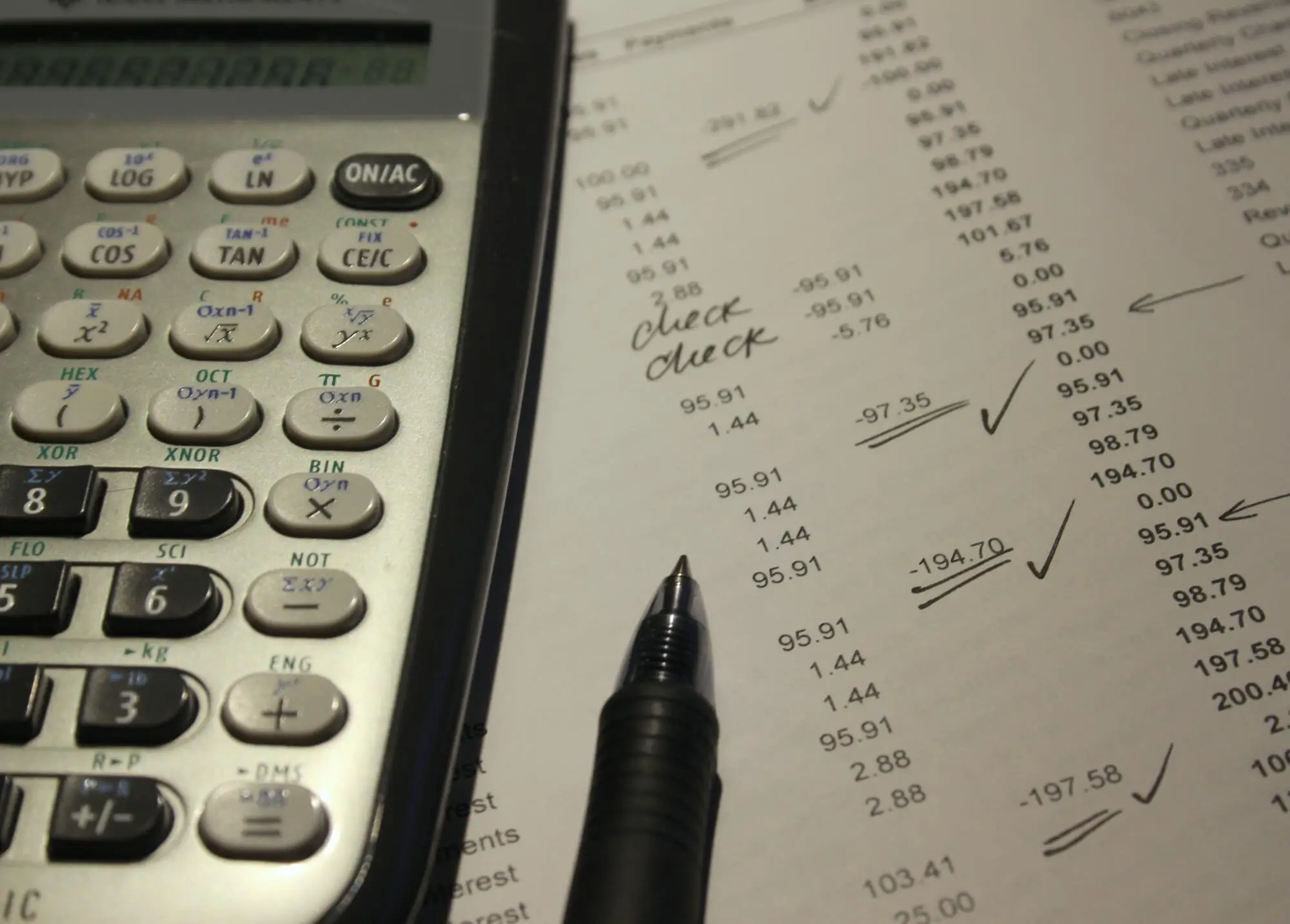Managing rental properties can sometimes feel like a labyrinth of paperwork, financial records, and endless calculations, with over 60% of landlords saying it's a major challenge according to the National Apartment Association. But did you know that effective accounting can make a world of difference in achieving your financial goals? With the right approach, landlords, especially in the Davie, Florida area, can turn their rental properties into a lucrative venture. In this article, we explore helpful tips to keep your rental property accounting records organized and efficient.
Understanding How Property Management Helps Accounting
When it comes to full service property management, understanding the ins and outs of financial record-keeping is essential. As a landlord, you are not only responsible for collecting rent but also for maintaining accurate expense records, tracking repairs, and ensuring that you meet your tax obligations.
One of the first steps to successful rental property accounting is to establish a system tailored to your unique needs. This could involve using real estate accounting software specifically designed for rental properties, or even simpler, using spreadsheets if your portfolio is just starting out.
Keep Separate Accounts
One major tip for managing your rental property accounting records is to keep your personal and rental property finances separate. This practice can significantly simplify your accounting process and help in minimizing confusion during tax season.
- Open a dedicated bank account for rental income and property expenses
- Maintain clear records of all transactions related to your rental properties
- Use a consistent method to categorize your income and expenses
Organize All Documents
It's essential to keep every piece of documentation related to your properties. This effort includes receipts, contracts, and communication with tenants. Invest in a filing system, whether digital or physical, that allows you to keep everything organized and easily accessible. This not only helps during tax filing but also protects you in case of disputes with tenants.
Additionally, make it a practice to keep your records updated regularly. Weekly or monthly reviews will save you time and stress at the end of the year.
Track Income and Expenses Diligently
Another key aspect of successful rental property accounting is meticulous rental income tracking. This includes not just the rent received from tenants but also any maintenance costs, property taxes, and utilities that you pay on behalf of the tenants.
To aid this process, here are a few best practices:
- Document every financial transaction related to your rental properties
- Consider investing in property financial management software
- Review your profit and loss statements regularly to gauge your financial health
Only around 50% of landlords make more than $250,000, however, with a little more tracking of income expenses you may find yourself eke ever closer.
Stay Informed About Landlord Tax Deductions
As a landlord in the Davie area, it's important to stay informed about what you can deduct on your taxes. Common deductions include repairs, property management fees, and depreciation. Proper documentation is crucial in substantiating these claims. Consulting a tax professional familiar with rental property accounting can provide you with further insights and tailored advice.
Empower Your Financial Success
With these tips, you can better manage your rental property accounting and pave the way to financial success. Remember, utilizing full-service property management not only eases your workload but also enhances your overall financial efficiency.
To take your rental property management to the next level, reach out to professionals like PMI Best Assets. With years of expertise in the Davie, Florida area, they offer tailored solutions to ensure your properties are managed effectively and efficiently.


